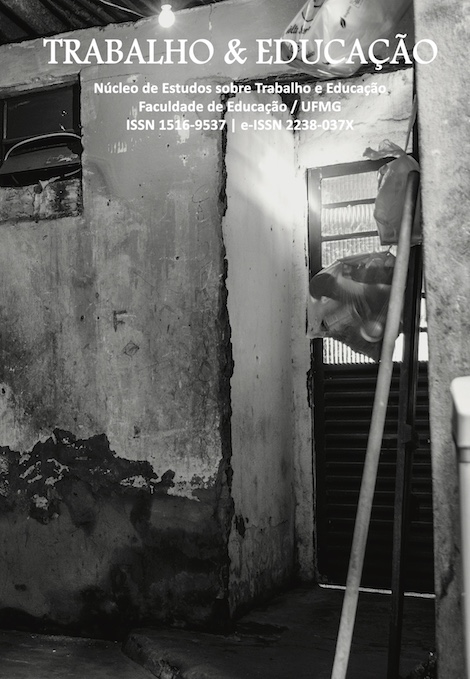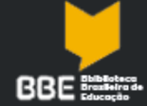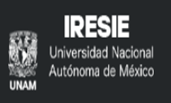O DESENVOLVIMENTO DE SABERES E A APRENDIZAGEM ATIVA NA FORMAÇÃO DE ENGENHEIROS: O CASO DO PROTÓTIPO BAJA NO CEFET-MG | The knowledge development and the active learning in engineering education: the BAJA prototype at CEFET-MG
Palavras-chave:
Educação em Engenharia, Aprendizagem Ativa, Aprendizagem Baseada em Problemas | Engineering Education, Active Learning, Problem Based LearningResumo
This paper presents a research that aimed to comprehend the learning process and development of the engineer’s knowledge through the vehicle project called BAJA at CEFET-MG. Knowledge was assumed as a set of capacities: knowing how to do - linked to technical skills; knowing to think – knowledge; knowing how to be and to act - attitudes. The case study and the empirical research carried out in 2016, identify the developed knowledge by its participants, assess their interactions, and relate the experience to John Dewey’s active learning theory. This is a qualitative and descriptive research. Its methodological means were field observation and interviews. By the Content Analysis, its inferences and interpretations, this experience is an exemplary project based on active learning, in a student-centered approach, made viable through the Problem Based Learning approach that promotes the building of transversal competencies, i.e., knowledge, skills, and attitudes required for the engineers.
___
Este artigo apresenta resultado de pesquisa que objetivou compreender o processo de aprendizagem e desenvolvimento de saberes de engenheiros no projeto do protótipo de veículo BAJA no CEFET-MG. Considerou-se Saberes, as capacidades configuradas em: saber fazer - habilidades técnicas; saber pensar - conhecimentos; e o saber ser e agir - atitudes. No estudo de caso e pesquisa empírica, realizada em 2016, se identificam os saberes desenvolvidos pelos participantes, avaliam-se suas interações, e se relaciona a experiência à teorização da Aprendizagem Ativa de John Dewey. A pesquisa é de natureza qualitativa e descritiva. Os instrumentos metodológicos foram: observação de campo e entrevistas. Pela Análise de Conteúdo, suas inferências e interpretações, concluiu-se que o projeto é um exemplar de um processo educativo baseado na aprendizagem ativa, viabilizado pela Aprendizagem Baseada em Problemas, promovendo a construção de competências transversais, ou seja, de conhecimentos, habilidades e atitudes necessárias ao engenheiro.













